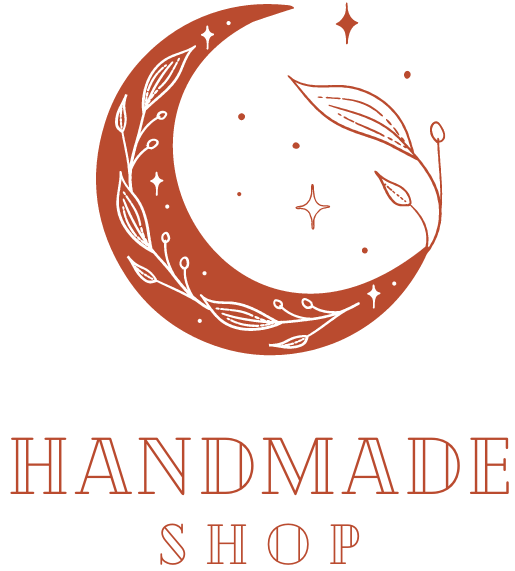In today’s fast-paced, mass-produced world, there is a noticeable shift in consumer preferences toward handmade and artisanal products. This trend has been fueled by a desire for authenticity, personalization, and high-quality craftsmanship. Whether it’s home décor, jewelry, fashion accessories, or gifts, people are increasingly drawn to items that tell a story and stand out from the typical mass-market offerings. This growing demand for custom handmade products is not just a passing trend—it’s part of a broader movement toward more mindful and meaningful consumption.
1. The Shift Towards Unique and Personalized Products
One of the key reasons behind the rise of custom handmade products is the consumer’s desire for uniqueness. In a world where mass-produced items dominate, owning something that is one-of-a-kind provides a sense of individuality and exclusivity. Custom handmade items allow people to express their personal style and values, making these products more special and meaningful. Consumers appreciate the opportunity to have a say in the design process, from selecting materials to customizing colors and patterns.
2. Quality Over Quantity
Another driving factor is the preference for quality over quantity. Handmade products are often crafted with great attention to detail, using high-quality materials and time-honored techniques. Unlike factory-made items, which are designed for speed and efficiency, handmade goods reflect the artisan’s skill and dedication to their craft. This results in durable, long-lasting products that stand the test of time. For many consumers, investing in a handmade item means supporting craftsmanship that prioritizes excellence over mass production.
3. The Ethical Appeal
In addition to quality and personalization, many consumers are drawn to handmade products because of their ethical appeal. People are increasingly conscious of the impact their purchases have on the environment and society. Handmade goods are often produced using sustainable, eco-friendly methods, and buying from small businesses or artisans helps support local economies. For consumers looking to reduce their carbon footprint, choosing handmade products is an ethical choice that aligns with their values of sustainability and fair trade.
4. The Artisan Renaissance
Artisans and craftsmen are experiencing a renaissance in today’s market. The resurgence of interest in handmade products has opened up new opportunities for artisans to thrive, both locally and globally. With the rise of online marketplaces and social media platforms, artisans can now reach a wider audience than ever before. Many consumers enjoy connecting with the creators of the products they purchase, learning about the craftsmanship and the story behind each item. This connection fosters a deeper appreciation for the artistry involved and encourages continued support for handmade goods.
5. Customization: The Future of Consumerism
Customization is at the heart of this handmade product trend. Consumers today expect brands and artisans to offer personalized options that cater to their specific tastes and needs. Whether it’s having a name engraved on a wooden keepsake box or choosing the gemstones for a necklace, customization adds a layer of personal involvement that makes the final product feel truly special. As demand for personalized items continues to grow, artisans are finding new and creative ways to offer tailored services, ensuring that each product is as unique as its buyer.
6. Supporting Local and Global Artisans
Another aspect of the handmade movement is the opportunity to support both local and global artisans. Many consumers prefer to buy from small, independent creators, knowing that their purchases directly benefit the artisans and their communities. This support often extends to artisans in developing countries, where handcrafted items are a vital source of income. By buying handmade, consumers contribute to the preservation of traditional craftsmanship and help sustain communities around the world.
7. The Role of Technology in the Handmade Market
While handmade products are rooted in tradition, technology has played a significant role in their modern resurgence. Online platforms like Etsy and Shopify have made it easier for artisans to showcase and sell their work to a global audience. Social media also allows creators to connect directly with consumers, share their processes, and build a loyal customer base. Through technology, the handmade market is expanding, making it possible for more people to access custom products that were once only available locally.
8. Conclusion
The growing demand for custom handmade products reflects a shift in consumer values toward authenticity, sustainability, and personalization. As people seek to reconnect with meaningful, high-quality goods, artisans are rising to meet this demand with beautifully crafted, unique items. This trend is likely to continue as more consumers embrace the value of supporting local craftsmanship and creating deeper connections with the products they buy. The future of consumerism is moving toward customization and craftsmanship, where handmade goods take center stage.
This article emphasizes the reasons why custom handmade products are gaining popularity and how they align with current consumer values, while also highlighting the opportunities this presents for artisans.
